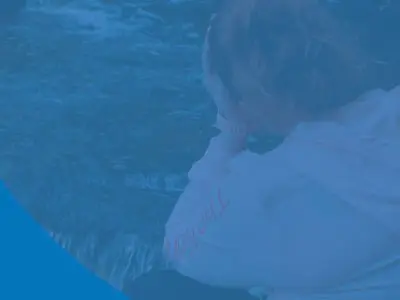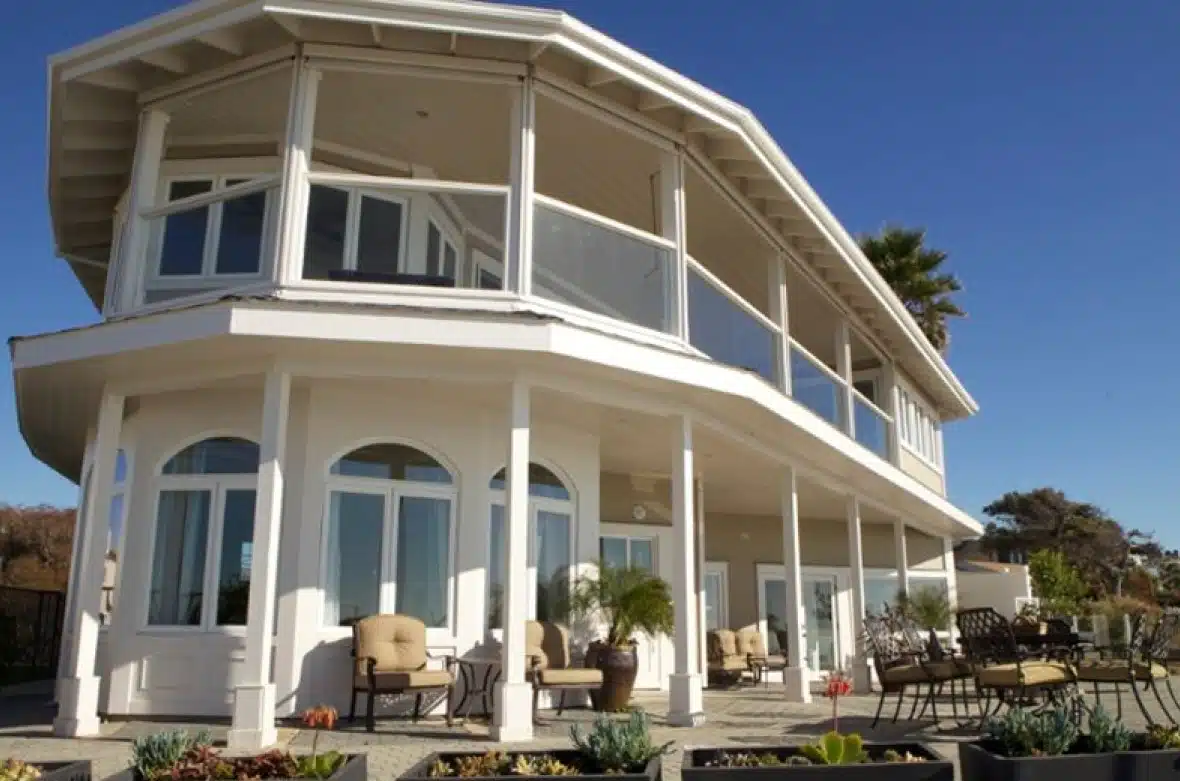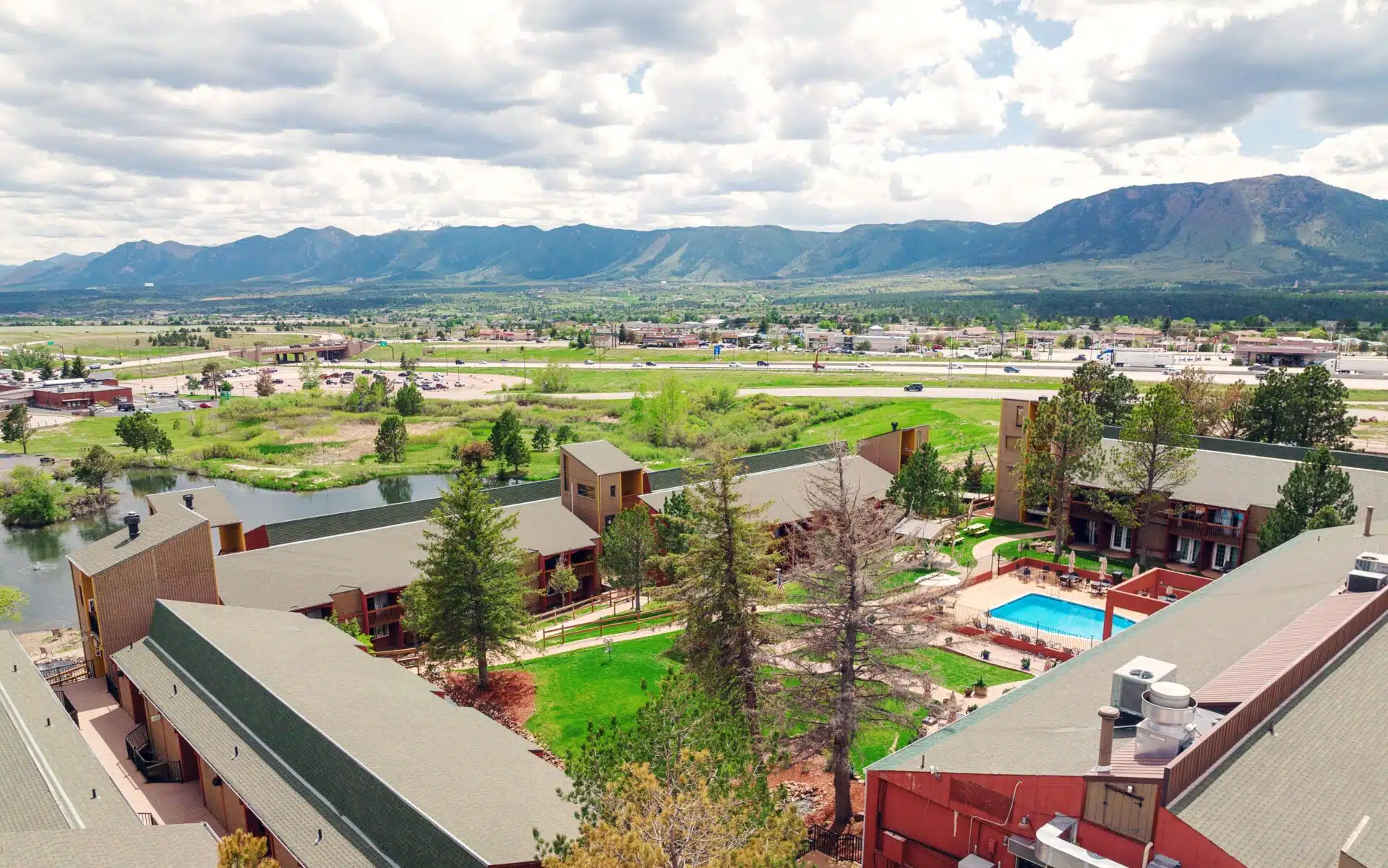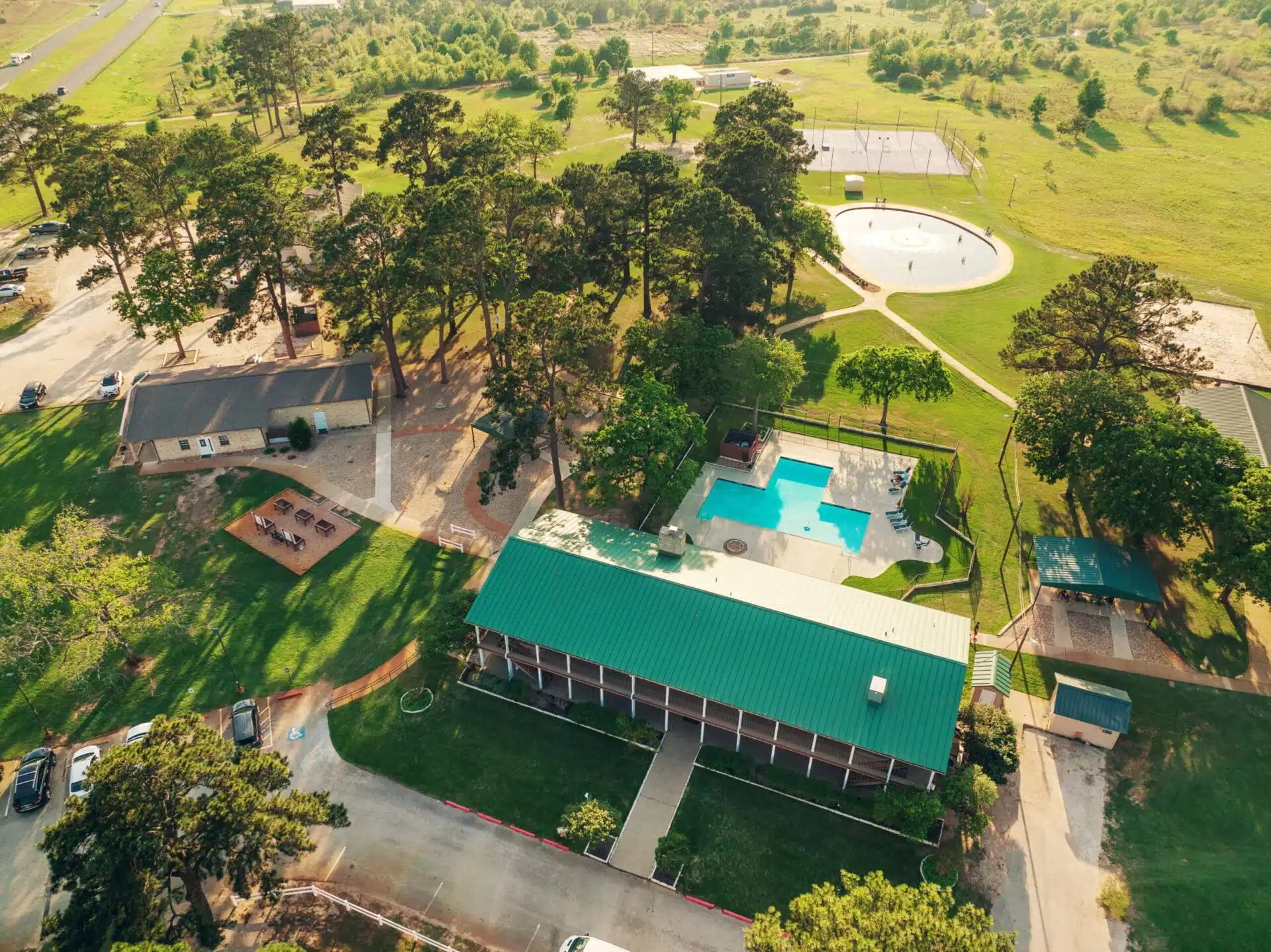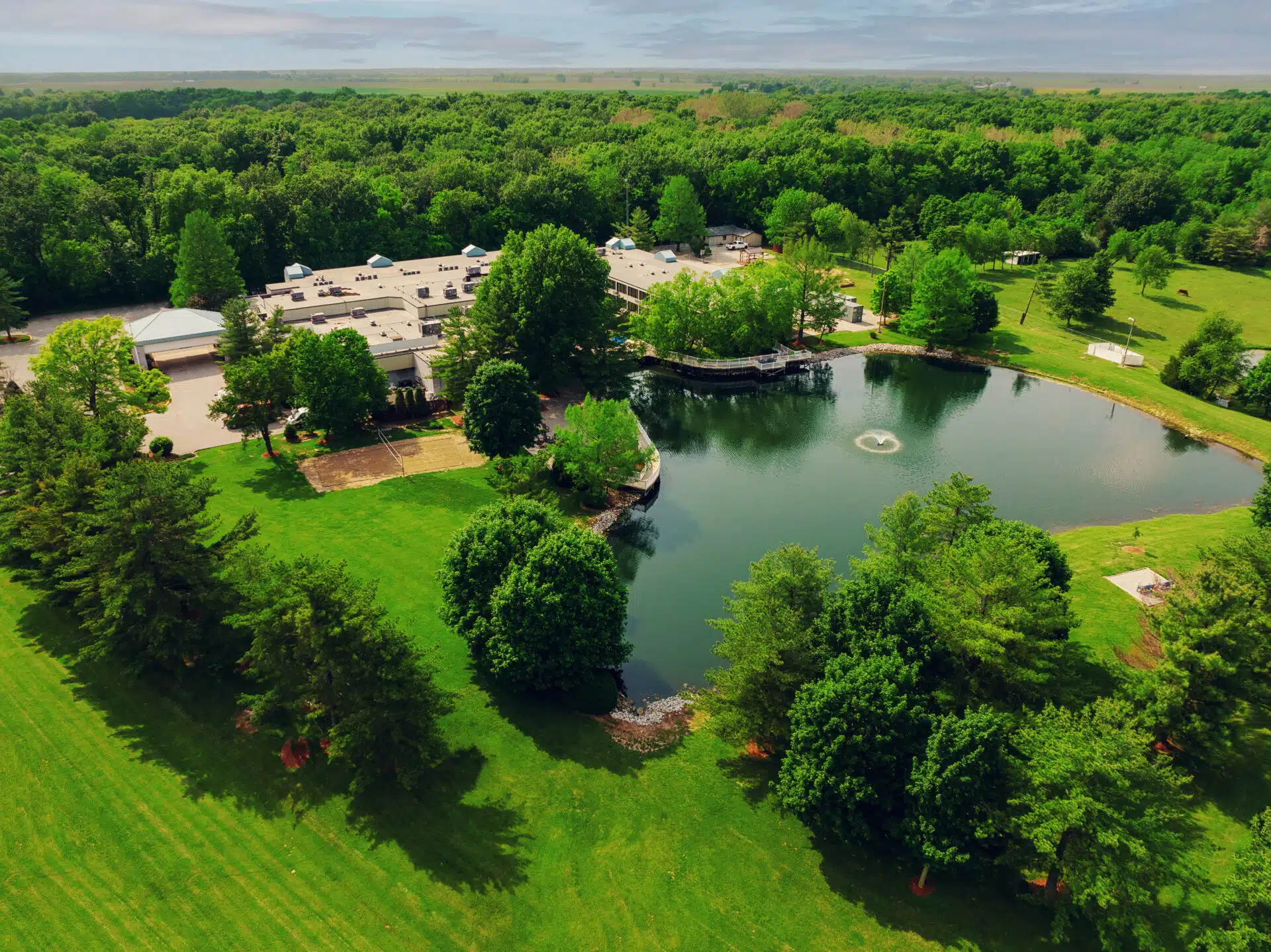On a national level, opioid addiction is considered an urgent crisis in dire need of a response. However, on a personal level, many people find themselves lacking the resources to get help despite the urgency displayed in the media. Knowing when and how to call an opioid hotline can save a life.
The rampancy of opioid addiction is already considered an “epidemic” by the government. According to national data, over 42,000 deaths were due to an opioid overdose in 2016. These numbers continue to rise annually, despite efforts to control the use of these prescription and street drugs.
These statistics may seem impersonal and just another part of the country’s social and health problems. However, this issue hits differently if you or a loved one is suffering from opioid addiction.
Understanding Opioid Addiction
Why are opioids addictive? It is easy to assume that addiction is simply a moral failing at the end of the user. Nevertheless, substance use disorder has many causes–it spans through the physiological, psychological, emotional and spiritual facets of an individual affected.
The physiological aspect of addiction to opioids is explained by its components. Opioids contain substances that bind to certain receptors in the brain to provide pain relief and pleasurable feelings. This in itself causes the person to seek out the drug, especially when they are faced with things such as physical pain, emotional stress, and other life factors that make them vulnerable.
The problem with using substances is the brain automatically adjusts to tolerate the current amount of drugs one is taking. Thus, this results in the person developing a drug tolerance, which means that they may need gradually higher amounts of the opioid to get the same sensations. The increasing doses are damaging to one’s physical and mental health, which leads to an eventual overdose.
This is why getting help for opioid addiction is essential before the progression worsens. Whether it’s calling a hotline, contacting a rehab facility, or just reaching out to a trusted loved one, taking the first step can truly save a person’s life. Talk to a Intake Coordinator
Take The First Step Towards Recovery
When To Call An Opioid Hotline
Hotlines are often used to call when someone is having a medical emergency or a personal crisis that can threaten their lives. Below are some reasons you should be calling an opioid addiction hotline:
Suspected overdose
Acting fast on a suspected overdose is crucial to prevent deaths due to alcohol or drug toxicity. If you are unsure about a drug overdose, it is better to call a hotline right away rather than waiting for more signs of confirming. If you or a loved one is suspected to have taken opioids within a close time frame of being unconscious or mentally confused, this indicates that you may need to call a hotline right away. Here are other clear signs of a drug overdose:
- Eyes: Small, constricted-looking
- Alertness: Drowsy or unconscious
- Respiration: Shallow, irregular or slow breathing
- Skin: Bluish color, cold, pale-looking
- Others: Limp muscles, choking or gurgling sounds
Mental health or personal crisis
Another effect of long-term opioid abuse is mental health issues. People who abuse drugs often have co-occurring disorders such as depression, anxiety, or PTSD. Various mental health and personal crises include:
- Thoughts of suicide
- Suicide attempts
- Threats of harming oneself or others
- Escaping domestic abuse
- Persistent suffering from mental health and other personal issues
- Other life-threatening situations related to opioid abuse
Remember that suffering doesn’t always have to be physical in order to be harmful. In fact, our minds can be the most powerful weapon that can work for or against us. If you notice these signs of mental health or personal crises in yourself or a loved one, you can get opioid addiction help by calling a hotline.
Resources for addiction treatment
In some instances, individuals who have an opioid addiction don’t know when to turn to for help. They may both be suffering physical, emotional, and mental health consequences related to opioid abuse, and they want to get help right away. Opioid hotlines are also available in these situations as well. Looking for addiction treatment resources that are applicable to your life situation can be done by calling opioid hotlines as well.
Opioid Hotline
There are various hotlines that provide immediate help for opioid addicts. Here are some numbers you can contact:
911
For a suspected overdose, the first number on the list is 911. An overdose is a true emergency requiring immediate medical attention. Calling 911 for a life-threatening overdose when no other help is present may be necessary before other hotlines. However, to avoid overloading 911 with non-emergency calls, it is best to call other hotlines for opioid abuse when a suspected overdose is not observed in yourself or a loved one.
Substance Use Disorder and Mental Health Services Administration (SAMHSA) National Helpline
The number for SAMHSA’s National Helpline is 1-800-662-HELP (4357). This hotline is available 24/7, providing treatment referral services as well as information for individuals and families going through mental health or substance use disorder problems. People can choose English or Spanish language, and the hotline is free of charge. Operators will communicate and assist the individual during a crisis and also provide referrals on how they can get treatment in their local area.
US Department of Health and Human Services Poison Help Hotline
If you would like to know more information about drug or alcohol poisoning, you may reach out to the Poison Help Hotline at 1-800-222-1222. This number is toll-free and would provide you information about substance poisoning and how you can get help for non-emergency issues.
Rehab Centers
Many rehab centers also provide hotlines to aid in substance use disorder treatment. For example, Sunshine Behavioral Health’s opioid abuse contact number (1-877-548-9502) has addiction specialists that will assist you in verifying health insurance, answering questions about rehab, or helping you stage an intervention for a loved one. Opioid helplines are geared towards protecting the caller’s life as well as confidentiality. When you call an opioid helpline, you can expect the following things to happen:
What To Expect When Calling An Opioid Helpline
Are alcohol and drugs ruining your life?
Find help now
Stay Alive, Stay On The Line
Opioid addiction can be a gradual problem that grows over time. In some cases, it can take you by surprise and threaten your life. These opioid hotlines are resources available to you at no cost so you can get the treatment you need. Keep yourself and your loved ones from the dangers of opioid addiction through these hotlines.
Sources:
- Hhs.gov – “About the Epidemic”.
- Hopkinsmedicine.org – “What Are Opioids?”.
- Cdc.gov – “Preventing Opioid Overdose”.
- Samhsa.gov – “National Helpline”.
- 911.gov – “Help and Resources”.
- Cdc.gov – “Help and Resources”.
Medical disclaimer:
Sunshine Behavioral Health strives to help people who are facing substance abuse, addiction, mental health disorders, or a combination of these conditions. It does this by providing compassionate care and evidence-based content that addresses health, treatment, and recovery.
Licensed medical professionals review material we publish on our site. The material is not a substitute for qualified medical diagnoses, treatment, or advice. It should not be used to replace the suggestions of your personal physician or other health care professionals.

